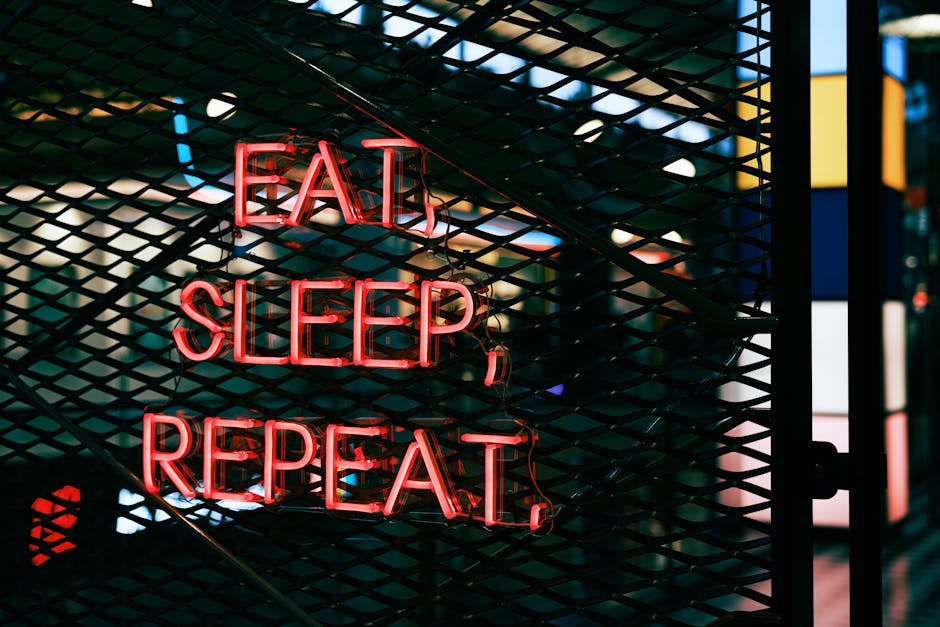
The Surprising Connection: Sleep Disturbances and Creative Genius Unveiled
Have you ever wondered if there is a hidden link between sleep disturbances and creative genius? It turns out there might be more to it than meets the eye. Recent studies have uncovered an intriguing connection between disrupted sleep patterns and enhanced artistic abilities.
A growing body of research suggests that sleep disturbances can actually stimulate creativity. Many renowned creative geniuses throughout history have been known to have irregular sleep patterns, often reporting periods of insomnia or unusual sleep-wake cycles.
One theory suggests that these sleep disruptions may increase activity in certain regions of the brain that are responsible for creativity and imagination. When the normal sleep-wake cycle is altered, it can lead to a heightened state of consciousness, allowing for greater exploration of unusual ideas and perspectives.
Furthermore, certain sleep disorders such as sleep apnea and sleepwalking have been associated with increased artistic inspiration. The unique experiences and altered states of consciousness that accompany these disorders can serve as a wellspring of creative inspiration.
However, it is important to note that not all sleep disturbances are beneficial for creativity. Chronic insomnia, for example, can have detrimental effects on artistic abilities and overall cognitive function. It is the disruption of the normal sleep pattern, rather than a complete lack of sleep, that seems to be most closely linked to enhanced creativity.
So how can we harness this connection between sleep disturbances and creative genius? One approach is to develop strategies for inducing controlled disruptions of the sleep pattern. This could involve experimenting with alternative sleep-wake cycles or exploring techniques such as lucid dreaming.
Ultimately, understanding the relationship between sleep disturbances and creative genius can offer new insights into the human mind and how artistic abilities are nurtured. By embracing the quirks of our sleep patterns, we may unlock a world of untapped creativity and innovative thinking.
